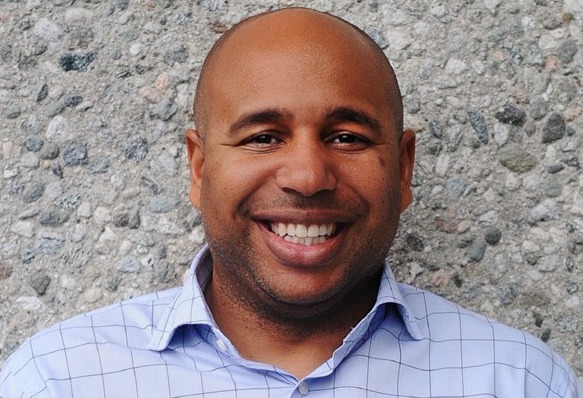 This week, Apple announced its Racial Equity and Justice Initiative (REJI), a long-term global effort to advance equity and expand opportunities for Black, Hispanic/Latinx, and Indigenous communities, has more than doubled its initial financial commitment to total more than $200 million over the last three years.
This week, Apple announced its Racial Equity and Justice Initiative (REJI), a long-term global effort to advance equity and expand opportunities for Black, Hispanic/Latinx, and Indigenous communities, has more than doubled its initial financial commitment to total more than $200 million over the last three years.
Since launching REJI in June 2020, Apple has supported education, economic empowerment, and criminal justice reform work across the U.S., with recent expansion to Australia, the U.K., and Mexico.
Apple launched REJI at a pivotal moment in the U.S., as protests against racial injustice in the wake of the murders of Ahmaud Arbery, George Floyd and Breonna Taylor swept the nation.
“Building a more just and equitable world is urgent work that demands collaboration, commitment, and a common sense of purpose,” said Tim Cook, Apple’s CEO. “We are proud to partner with many extraordinary organizations that are dedicated to addressing injustice and eliminating barriers to opportunity. And we’ll continue to lead with our values as we expand our efforts to create opportunities, lift up communities, and help build a better future for all.”
Apple has reported that REJI’s education grants have reached more than 160,000 learners through in-person courses and out-of-school offerings, while committing over $50 million to Historically Black Colleges and Universities (HBCUs) and Hispanic-Serving Institutions (HSIs) to support science, technology, engineering, arts, and math opportunities.
 With a focus on economic empowerment, REJI funds financial institutions — including venture capital firms, Community Development Financial Institutions, and Minority Depository Institutions — that support Black, Hispanic/Latinx, and Indigenous entrepreneurs and businesses.
With a focus on economic empowerment, REJI funds financial institutions — including venture capital firms, Community Development Financial Institutions, and Minority Depository Institutions — that support Black, Hispanic/Latinx, and Indigenous entrepreneurs and businesses.
As part of its expanding work, Apple also announced a new partnership with the My Brother’s Keeper Alliance (MBKA), a program of the Obama Foundation. Through this strategic partnership and funding, Apple aims to help close opportunity gaps faced by boys and young men of color by supporting training for community leaders and MBKA staff, expanding programming for boys and young men of color, and strengthening the MBKA network through targeted community impact microgrants. The program plans to train more than 500 leaders and engage over 50,000 youth across the U.S.
“Apple’s continued support of the My Brother’s Keeper Alliance empowers the foundation to develop and implement new initiatives that create opportunities for our young people,” said Valerie Jarrett, the Obama Foundation’s CEO. “Together, we are building a more inclusive educational system that nurtures creativity, fosters innovation, and transforms the lives of boys and young men of color across the country. We are grateful for their partnership and look forward to our continued collective efforts to ensure all youth can reach their full potential.”
REJI’s criminal justice reform grants are reported to have supported providing legal services, safe housing, identification services, healthcare access, and other vital reentry services for more than 19,000 justice-impacted individuals.
To combat systemic racism, REJI and Apple have partnered with several community colleges — including the Los Angeles Community College District, Delgado Community College in New Orleans, and Houston Community College — to implement programs to help incarcerated and paroled individuals learn new skills, prevent recidivism, and create economic opportunity for parolees and probationers.
Apple has also made meaningful contributions to various nonprofit organizations that advance equity and justice, including the Anti-Recidivism Coalition, Defy Ventures, Vera Institute of Justice, and The Last Mile.
To learn and read more about Apple’s Racial Equity and Justice Initiative, check out its REJI Impact Overview.














